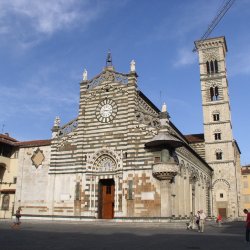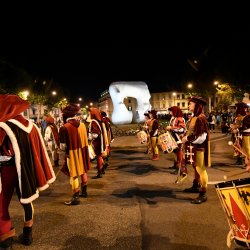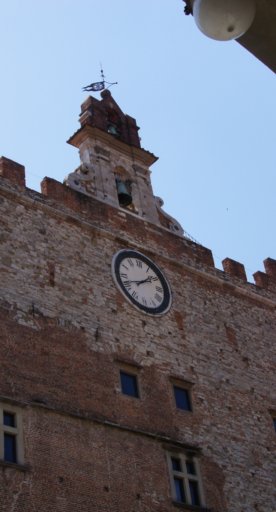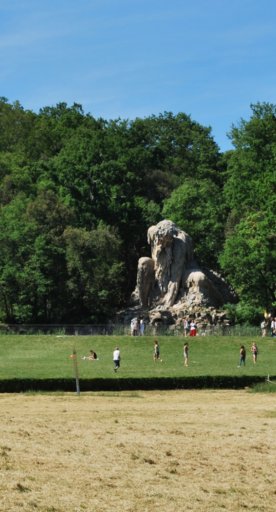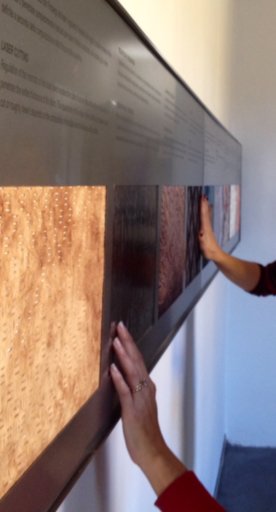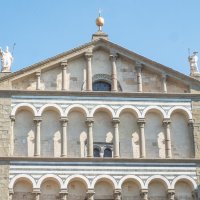Fabric and flavors: discover Prato’s excellence
The craft productions of this precious corner of Tuscany
Wool textile manufacturing that since the Middle Ages has transformed the economic and social development of an entire district: precious examples of industrial archaeology that bear witness to a past that persists; ancient structures that today have become the site of cultural centers or stops on tourist itineraries. An industrial province, modern and culturally avant-garde with Luigi Pecci Museum of Contemporary Art; but also a province rich in signs of the past, with splendid Medici villas and Romanesque churches. And mere flour that turns into a famous bread and a thousand sweets: from cantuccini to berlingozzo, from brutti buoni to Vernio’s zuccherini, to look for in the pastry shops and bakeries of the area.

But let us go step by step. Textile production in Prato developed from ancient times to become one of the main economic resources of the city and its province. The origins of this complex date back to the 19th century. Since then, the continuous development of system technologies and techniques has guaranteed Prato a privileged position in the industry. Although in recent years the textile industry of Prato has had to contend with foreign competition, Prato still remains a Tuscan excellence, a symbol of timeless quality and know-how.

Let us now come to food and start precisely with the bozza of Prato, perhaps the best-known bread in Tuscany. It still retains the characteristics and flavors of the past: it has a typical rectangular shape, a dark brown color and a “silly” salt-free taste. The flour, made exclusively from soft wheat, is mixed with warm water and natural yeast; the bread is then baked in wood-fired ovens. Other typical local products include chestnut flour, Carmignano figs and Prato mortadella. Pastry-making is one of the traditional activities of the city of Prato. The “cantuccini” (crunchy cookies with almonds to dip in Vin Santo at the end of a meal) and the “brutti boni” (ugly tasty) (almond cookies whose name comes from their wrinkled shape) stand out.

Vernio's zuccherini, on the other hand, are dry anise-flavored cookies, recognizable by their central hole and white color, due to being dipped in melted sugar after baking. Their traditional doughnut shape, reminiscent of a wedding ring, comes from the old-time custom of preparing them at wedding banquets. Also delicious are the legendary Peaches of Prato, not to mention the berlingozzo, a soft orange and vanilla-flavored cake that dates back to the Renaissance. Unfortunately, “mangia e bei”, soft hazelnut-colored scones filled with mint or citron syrup, are prepared less frequently.
What’s nearby?






